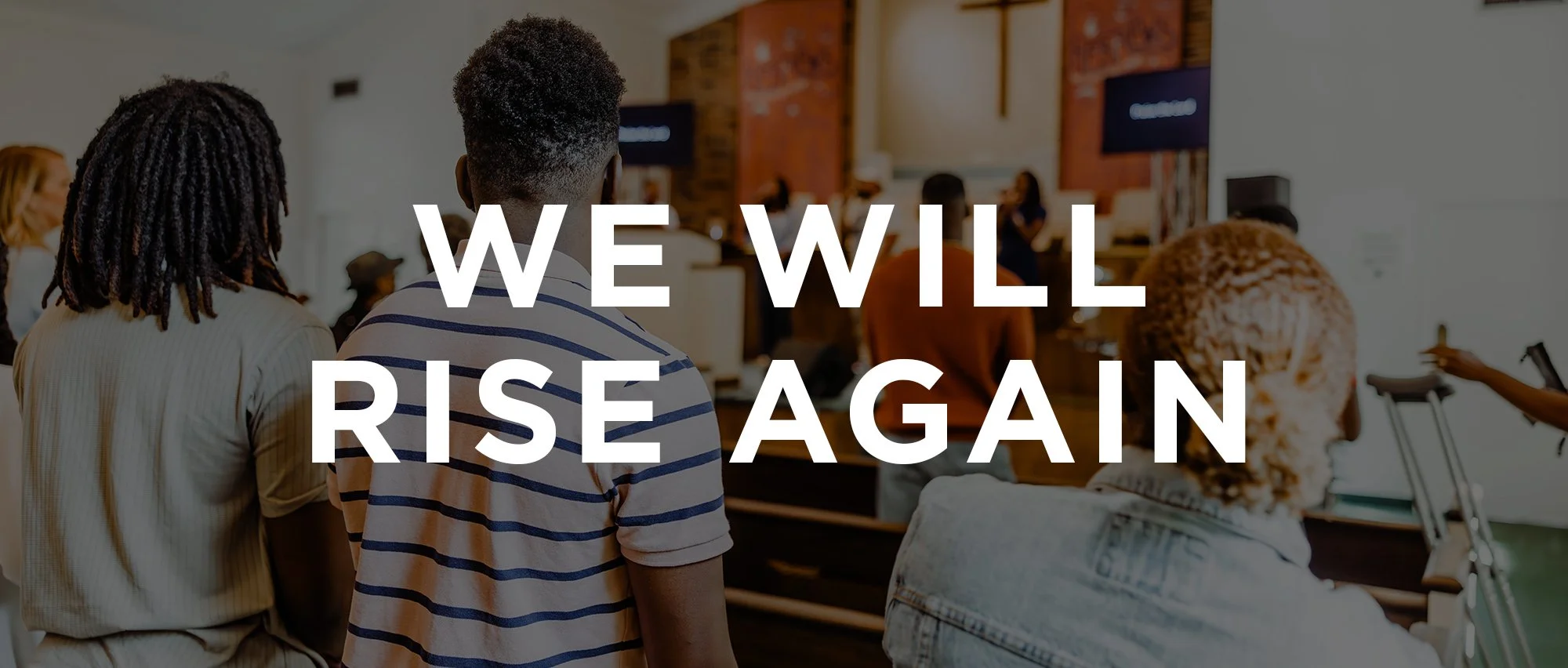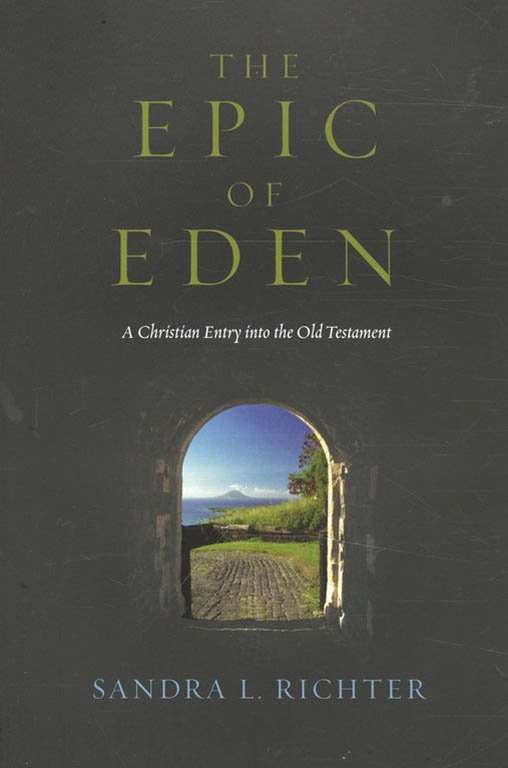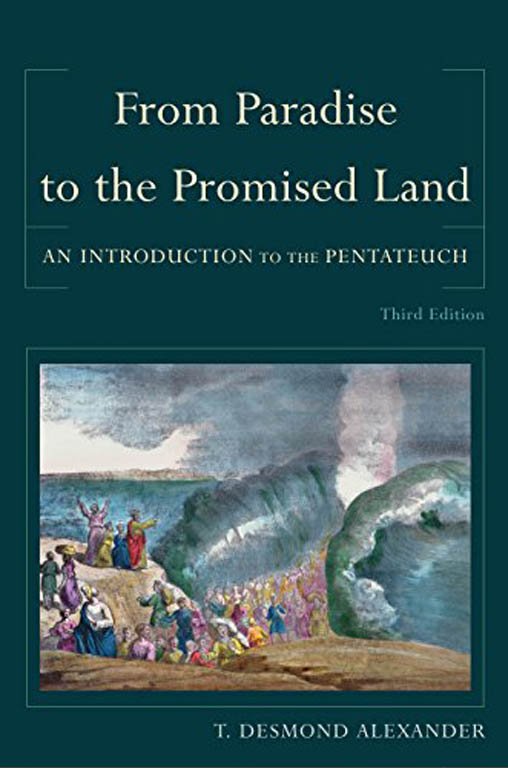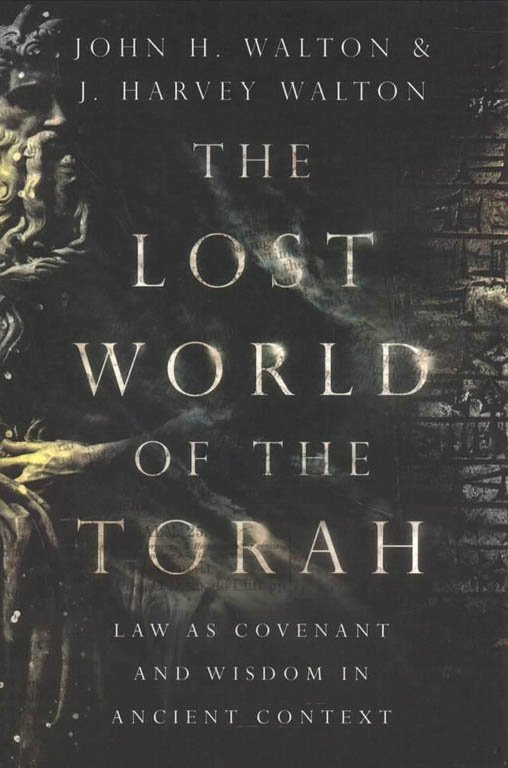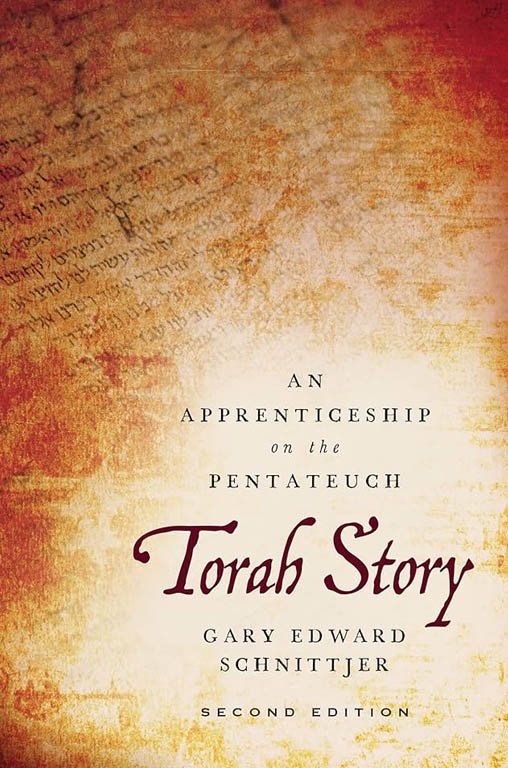In the West, there seems to be endless discussion about men and women. What do those words mean? Do they matter? Is their distinction even important? All the while, men and women are struggling. Men are not doing well, women are not doing well, and marriages are not doing well either. And we often don’t know how to talk about why.
At times, we lack the clarity to see that some of our biggest problems go all the way to our God-given, gendered design. There is a lot of deep confusion, and the topic of gender differentiation is often incredibly contentious.
But what if it doesn’t have to be? What if a better understanding of our God-given design sheds light on many of our problems?
God’s Word extends an invitation to find our joy in God’s good design for our gender. The Biblical foundation of two genders made with fundamental equality AND unique wiring, skills, and responsibilities is both more in line with reality and more helpful for human flourishing, healthy marriages, and an overall healthy society.
To help facilitate LifeGroup discussion, we'll be posting resources for each week of the series.
Week 1: Male and Female He Created Them
Week 2: Understanding and Appreciating Women
Week 3: God’s Design for Marriage
Week 4: Husbands, Love Your Wives
Week 5: The Marks of a Dependable Man
Week 6: Wives, Respect Your Husbands
(Sermon) (LifeGroup Guide)
During the series, we want to know the concepts and ideas that you wrestle with the most or would like to learn more about.
To submit your topic or question, text "TWO NOTCH" followed by your topic to 855-855-0655.
